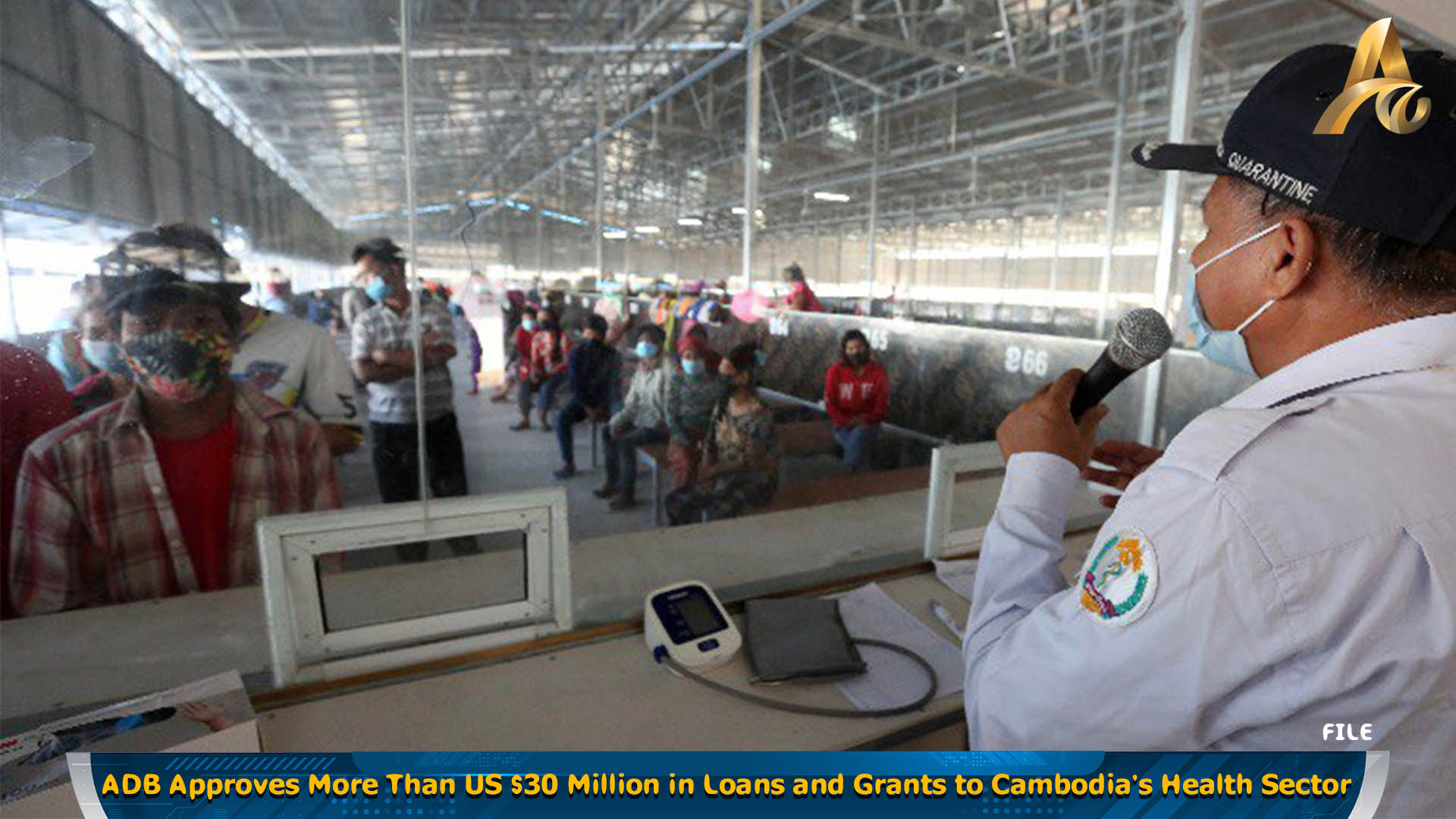PHNOM PENH: The Asian Development Bank (ADB) has approved a US $27 million loan and a US $5.5 million grant to the Cambodian government to build and equip health facilities and increase access to quality healthcare in Banteay Meanchey province.
ADB announced US $32.5 million in financing to improve access to quality health services in Banteay Meanchey province in northwestern Cambodia, where many migrant workers cross over the border with Thailand and many come seeking jobs in the province's special economic zone (SEZ).
Under the Greater Mekong Subregion (GMS) Health Project, Cambodia will expand coverage and health care for migrant workers in areas where domestic and international health services are not yet available.
This loan and grant will go into developing health facilities in the border area, which includes expanding financial support for healthcare services, strengthening cross-border healthcare delivery systems, and creating a mobile electronic health record system for migrants.
"Regional cooperation and integration across the Greater Mekong Subregion have boosted economic growth as well as greater mobility for better employment and opportunities," said ADB Social Development Specialist, Rikard Elfving. "It also poses a health challenge related to human mobility for border areas connected to major economic corridors."
He further added, "The Greater Mekong Subregion Border Health Project will be based on ADB's experience in supporting communicable disease control programs and will include lessons from Cambodia's response and recovery from the Covid-19 pandemic."
According to a report from ADB, the healthcare systems present in border areas are not yet at the capacity they should be to address health challenges associated with human mobility.






















